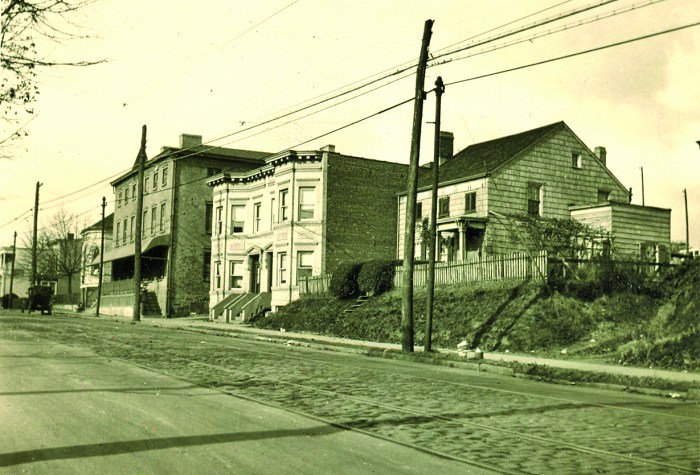New York’s dance community will soon have a prime space to express itself: City Hall.
The City Council is slated to pass legislation Thursday that would create a Nightlife Advisory Board and an Office of Nightlife, which would contain representatives from the city’s dance and music halls who would serve as liaisons to elected officials.
City Councilman Rafael Espinal, who created the bill, said such a committee is needed to help update controversial laws, as well as to address quality of life concerns from communities where DIY establishments operate.
“To have an office deal with those issues, it makes it easier to promote the industry the right way,” he said.
The board will consist of a dozen members, eight of whom will be chosen by the council and four by the mayor. The board is slated to be selected within two months once the mayor signs off. It will conduct an extensive review of the city’s various laws concerning artistic performances, licenses and other regulations.
The committee will submit annual reports, the first one due 18 months after the group is formed, that will suggest ways to improve the nightlife industry.
Espinal predicted that this would lead to a repeal of the city’s antiquated cabaret law that dates back to the 1920s. The legislation originally targeted jazz clubs and black-owned venues, shuttering establishments that didn’t have proper permits. In the ’90s, former Mayor Rudy Giuliani used the law to close several independent music venues.
The mayor’s office said there were 97 cabaret licenses. In June, 40 of the permits were for Manhattan venues.
“For me, it was important to have this office that would help create dialogues with all parties before we repeal the cabaret law,” Espinal said.
A spokeswoman for Mayor Bill de Blasio has supported the proposals for a nightlife representative and will be reviewing the legislation.
Olympia Kazi, a member of the NYC Artist Coalition, which has been fighting the cabaret law for years, said the committee’s members need to have a deep understanding about the city’s artists.
“They shouldn’t see this as something [important to] just industry. They should see it as a bigger issue of a contemporary city with a 24/7 life,” she said.
Kazi also echoed Espinal’s prediction that the committee will lead to repeal of the cabaret law.
“There is a huge consensus that it doesn’t make any sense,” she said.






























